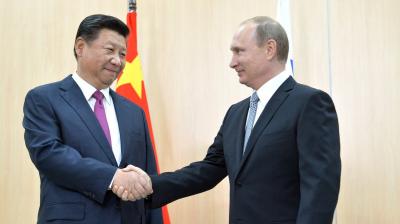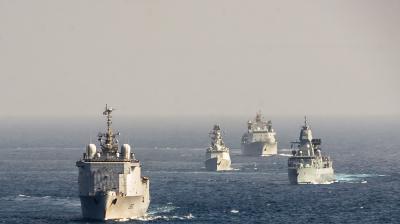China’s OBOR Initiative and Political Risks
This is a book chapter.
In this article author Frans-Paul van der Putten states that perhaps the most salient feature of China’s One Belt One Road (OBOR) strategy is its high level of ambition. Through OBOR China aims to take the lead in a major push to accelerate the economic development of Asia and Africa. The more successful this effort is, the more China’s own economic development and its global influence are likely to benefit. But the challenge is enormous.
While OBOR requires a very large and sustained investment effort, there are many uncertainties and risks, not least in the political sphere, related to investing in developing countries in Asia and Africa. Infrastructure investment is at the heart of OBOR, but because of the high costs and often low returns, this kind of investment in many instances becomes profitable only after a longer period of time.
During this time the host country must be politically stable, or else profitability is likely to suffer. Because of the huge size of OBOR, it can only succeed if a very large number of investors – both from China and internationally – consider the relevant projects commercially viable and the risks acceptable. Assuming that European-style colonization of Africa and Asia is not an option for China’s leaders, how do they intend to manage the balance between political risks to and commercial returns of infrastructure projects in developing countries?






